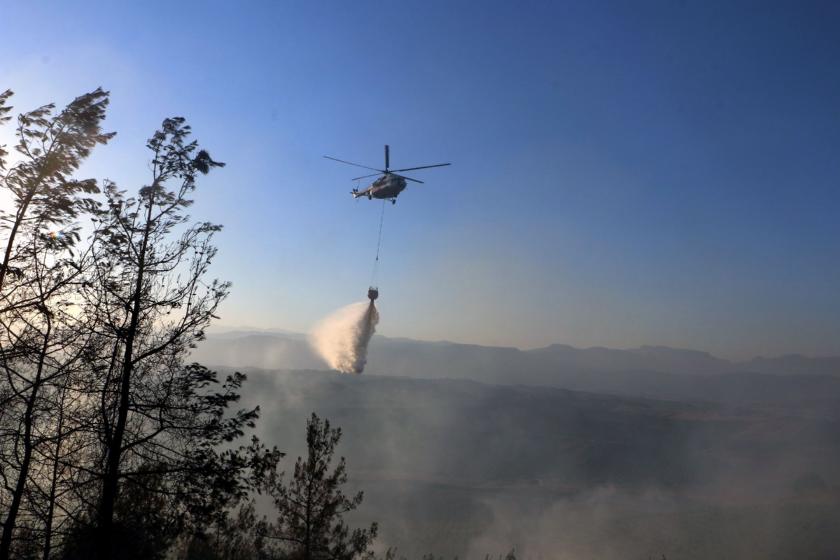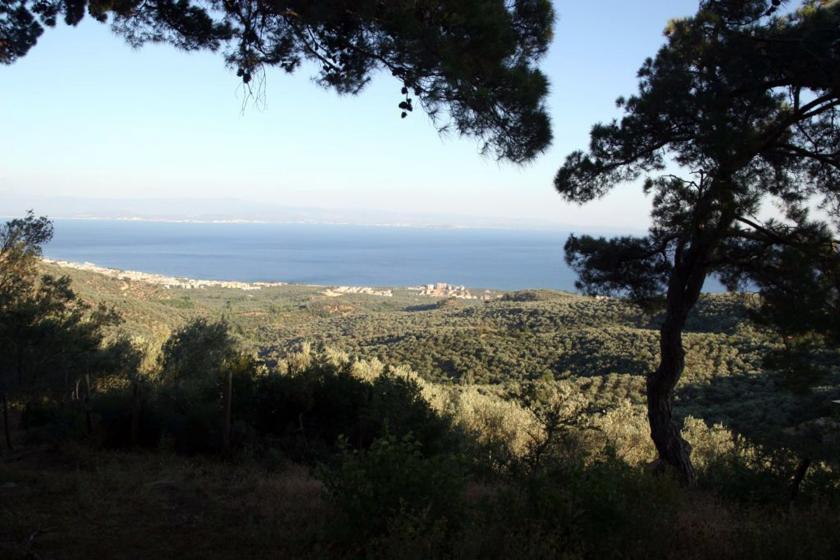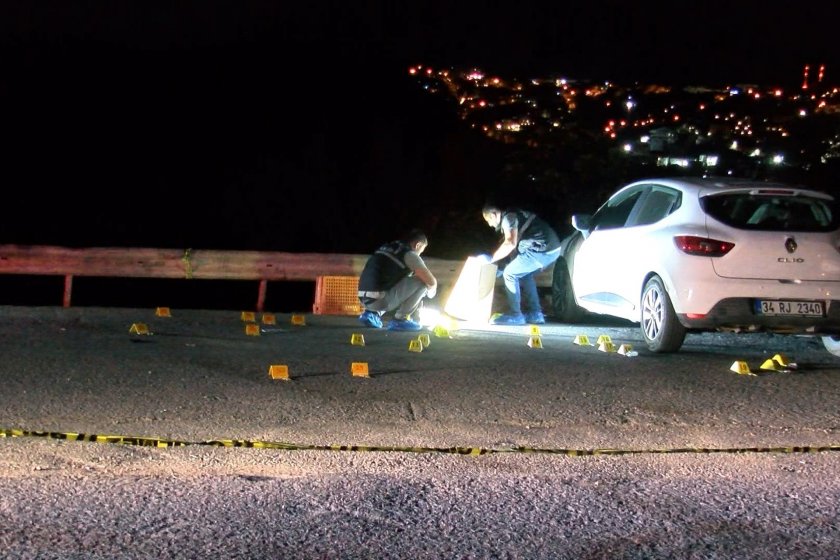What do the resignations in the Turkish Armed Forces portend?
Resignation decisions of generals are of importance both in terms of laying bare contradictions within the military and in bringing the military-politics relationship back into debate

Fotoğraf: Ali Balıkçı/AA
News of the resignation of five generals in reaction to Supreme Military Council (SMC) decrees invites the question of what is going on in the Turkish Armed Forces. It is also notable that four of the five generals, with Major General Ahmet Ercan Çorbacı who is responsible for the units in Idlib numbering among them, are generals who are serving in Syria and the border areas.
These resignation decisions are of importance both in terms of laying bare contradictions within the military and in bringing the military-politics relationship back into debate. It also raises question marks over the Syria policy that is portrayed as being a matter of “survival.”
In the first place, it is no secret that the military has been one of the prime political actors in Turkey from the founding of the republic until today.
One of the most popular slogans in the period in which the AKP- Erdoğan cooperated with the Gulenists was “eliminating the military guardianship.” This struggle, waged against traditional power hubs within the military that had intervened in politics through coups, memorandums and National Security Council decisions, was for a long time depicted as being a democratizing move. The 15 July coup attempt showed that the thing called “eliminating the military guardianship” was nothing but a restructuring of the military in accordance with their own political line because this military coup attempt was conducted by those who had entered the ranks of the military under the assertion of eliminating the military guardianship.
Following the coup attempt, steps were then taken to restructure the military in keeping with the needs of the single-man regime. Chief of the General Staff Hulusi Akar was appointed Minister of National Defence on this basis. In the process of liquidating the FETOists, the Erdoğan administration embarked on cooperation with the neo-nationalist-Ergenekonist circles they had yesterday tried to liquidate together with the FETOists. However, the resignation of the five generals speaking of unfair treatment over appointments reveals that there is disquiet in the milieu the power holders are today cooperating with and the appointments decreed by the SMC had been made in line with the power holders’ political needs.
Whichever way we look, we encounter the spectre of a military is excessively politicized and embroiled in the political struggle between the prevailing forces. And, looking at regimes throughout the world in which the military is politicized to such an extent, it will be seen that such regimes are regimes that endeavour to stay on their feet through oppressive policies and war, not democracy. For sure, in such regimes, coups and coup attempts are a far from absent component of political struggle.
A further dimension of the affair is that the generals who resigned were generals serving in border units, not least the general responsible for the units in Idlib. In a process in which the power holders regard Turkey’s presence in Idlib and other regions of Syria and the operations being conducted in the border regions as a “survival” and “national security” issue, the resignation of generals serving in these regions at least indicates that this policy is not a policy that commands unquestioned acceptance within the military.
It is common knowledge that the Syrian army has staged the operation on Han Sheyhun town south of Idlib because of Turkey’s failure to abide by its promises in the “Sochi Agreement” signed between Erdoğan-Putin and one of Turkey’s observation points in Idlib at Morek has come under siege in this operation. The twelve observation points in Idlib each becoming shields for jihadists thanks to the power holders’ insistence on cooperating with jihadists increases to a significant extent the risk of the units here coming under fire and being drawn into hot conflict in the upcoming period. However, at least for a certain time, neo-nationalist generals have been saying out loud that dialogue needs to be established with the Syrian regime in place of this policy. On the other hand, the deal reached within the bounds drawn by the USA east of the Euphrates is evolving in a direction in which the policy of exploiting contradictions between the USA and Russia is leaving the country mired between the USA and Russia and confronted with new risks and threats on this basis. The possibility is far from remote that this state of affairs will lend further visibility to the contradictions and disquiet within the military moving forward.
In conclusion, the generals’ resignation can be considered to harbinger a crack in the ruling block, this time on the military front. However, the possibility of a result that bodes well for the people emerging from this contradiction is dependent on the incorrect policies that the power holders insist on pursuing attaining visibility among wider sections of the populace and by extension these contradictions among the prevailing forces being turned into the basis of a struggle for democracy and peace.
(Translated by Tim DRAYTON)






Evrensel'i Takip Et